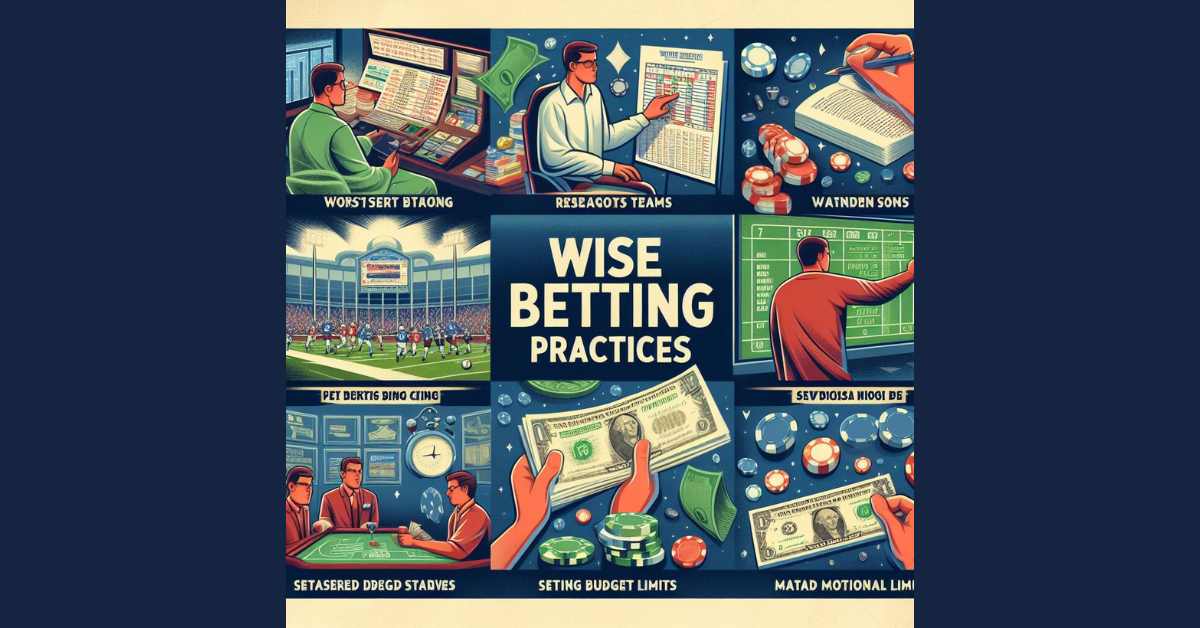Understanding the Odds
Odds in sports betting reflect the probability of a particular outcome happening. They are typically displayed as fractions, decimals, or moneyline odds. The odds indicate how much you can potentially win based on your wager amount. For example, if a team has odds of 3/1, it means you could win $3 for every $1 you bet if that team wins.
Understanding odds is crucial for making informed betting decisions. The lower the odds, the higher the probability the event will occur according to bookmakers. On the other hand, higher odds suggest lower chances of winning but come with higher payouts if you are successful. By grasping the concept of odds and how they are calculated, you can make strategic bets that align with your risk tolerance and potential rewards.
Setting a Budget
Setting a budget is a crucial aspect of responsible sports betting. Before placing any bets, it’s imperative to determine the amount of money you can comfortably afford to wager without putting your financial stability at risk. By setting a clear budget, you can approach betting with a level-headed mindset and avoid impulsive decisions that could lead to significant losses.
Consider your overall financial situation and allocate a specific amount of money for betting purposes. This budget should be separate from your essential expenses such as bills, rent, and groceries. Additionally, it’s essential to stick to your predetermined budget and resist the temptation to chase losses by wagering more than you can afford.
Researching the Teams/Players
Before placing any bets on a game or match, it is crucial to delve deep into researching the teams and players involved. This involves more than just looking at the current standings or past records. By understanding each team’s strengths, weaknesses, performance trends, and key players, you can make more informed decisions when it comes to betting.
One aspect to consider when researching teams and players is their head-to-head matchups. Understanding how certain teams or players have historically performed against each other can provide valuable insight into how a future game might unfold. Additionally, keeping up to date with any recent news, injuries, or roster changes can also impact the outcome of the match.
Avoiding Emotional Betting
One of the biggest pitfalls that many bettors fall into is letting their emotions dictate their wagers. When you start placing bets based on feelings rather than a logical analysis of the game or player performance, you are setting yourself up for potential losses. This emotional betting can cloud your judgment and lead you to make impulsive decisions that may not be in your best interest.
To avoid emotional betting, it’s crucial to take a step back and assess your motivations behind each wager. Ask yourself if you are placing this bet because you have a strong logical reasoning or if it’s because of a personal attachment to a particular team or player. By staying objective and rational in your decision-making process, you can ensure that your bets are based on sound reasoning rather than fleeting emotions.
Knowing When to Walk Away
Gambling can be a thrilling activity, but it’s crucial to know when to walk away. One key indicator that it’s time to leave the betting table is when you start feeling overwhelmed by emotions. If you find yourself getting too caught up in the highs and lows of the game, it may be a sign to step back and reevaluate your approach.
Additionally, recognizing when you’re no longer enjoying the experience and are instead feeling stressed or anxious is a clear signal to call it quits. Remember, gambling should be a form of entertainment, not a source of distress. If the fun aspect is lost and you’re only focused on winning or recouping losses, it’s time to take a break and reassess your priorities.















